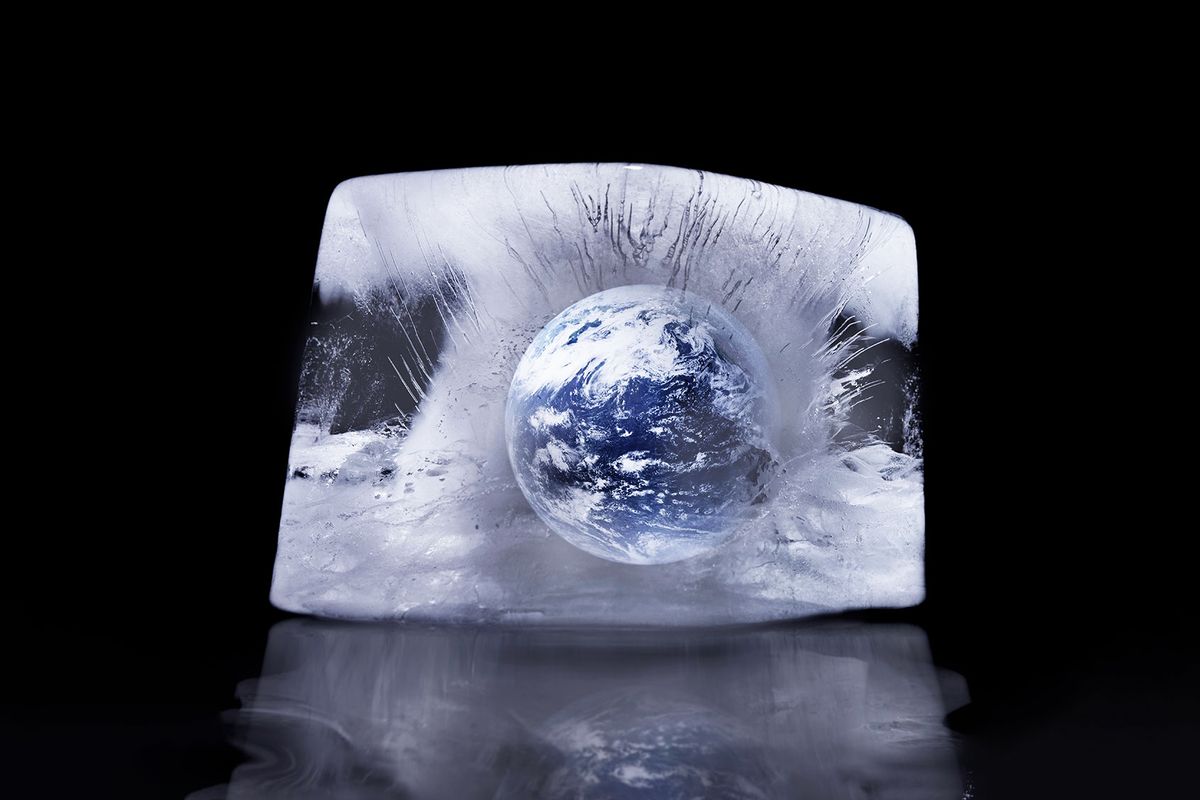
Smithsonian Magazine, Carlyn Kranking and Joe Spring, 28 Dec 2022: The Ten Most Significant Science Stories of 2022, subtitled “From Omicron’s spread to a revelation made using ancient DNA, these were the biggest moments of the past year”
Another take. Any overlaps?
- The James Webb Space Telescope sends back mind-bending images
- An eruption in Tonga creates shock waves
- Omicron spikes, and a booster shot is met with ambivalence
- NASA lets out its inner toddler and proves it could save the world
- Climate protests escalate
- Ancient DNA reveals the first known Neanderthal family
- A successful mission takes the United States one step closer to returning to the moon
- Lost cities of the Amazon are discovered
- Mpox spreads against a meager response
- A fusion breakthrough could advance clean energy
I think just two of these items match items on the list of eight in yesterday’s post, those about nudging an asteroid (the NASA item above) and the fusion item. Arguably some of the items on this list aren’t about science, so much as natural catastrophes, or technological breakthroughs, or social movements.
\\
Salon, Troy Farah, 19 Dec 2022: The Medea Hypothesis: Why some experts say life on Earth sows the seeds of its own destruction, subtitled “What if life isn’t calculating, but more akin to a ‘puppy running amok,’ accidentally destroying its own habitat?”
Haven’t read it, doing so right now, keeping in mind the rule of thumb that if a headline asks a question rather than makes a claim, the answer is probably “no.”
The writer begins by recalling the idea of “Gaia,” the notion that the entire planet Earth is one giant super-organism, popularized in the 1970s by Lynn Margulis and James Lovelock.
It is a nice idea, to think that life begets life — or that life on Earth works towards a larger purpose of self-perpetuation. The only problem is that this isn’t a universally accepted proposition among scientists. Indeed, some believe the opposite is true: life on Earth doesn’t have a larger goal, but rather, could accidentally and at any moment evolve in a way that would kill off great masses of life — or even all life.
Evidence for this much more cynical theory about life on Earth includes, for one, the numerous mass extinctions that have occurred throughout Earth’s 4.5 billion year history, some of which extinguished 99 percent of all life. Some of these extinctions were caused not by asteroids, but by life itself behaving in its own self-interest.
Thus, some scientists say that Gaia, the mother of life, is a poor choice of deity to serve as a metonym for Earth. A better one might be Medea, an enchantress in Greek myth who murdered her own children.
OK, which events are these? I know the one about how early life didn’t involve oxygen, and some major event triggered the manufacture of oxygen, which perhaps killed off much of the earlier anaerobic life…
Ah, yes, here it is! I remembered correctly!
We see Medea’s handiwork all around us in the fossil record. The Great Oxidation Event, some 2.45 billion years ago, is a prime example. Back then, the planet was all but devoid of oxygen, and microbial life metabolized just fine without it. But then cyanobacteria hopped on the scene, which evolved photosynthesis. That ended up spitting out tons of oxygen over millions of years, which was toxic to most life on earth, causing widespread death that shows up in the fossil record.
And now we have the so-called “Sixth Extinction” (see here), triggered by humanity, which is obviously part of the Earth’s biosphere.
The bulk of the piece is an interview with Peter Ward, author of a 2009 book called The Medea Hypothesis on this very theme. (I have a earlier Ward book… which I haven’t read.) The article writer begins,
The Medea Hypothesis might be epitomized by the story of photosynthetic life on Earth. As Ward explained in our interview, plant life on Earth has a repeated tendency to evolve in a way that it removes carbon dioxide from the atmosphere. Reducing the amount of carbon dioxide in the atmosphere then freezes the entire planet, killing the majority of life that depends on Earth being, well, not frozen. This has happened many times in the fossil record.
The interview is fascinating, if somewhat bogged by details. It does reveal how both the interviewer and Ward have changed their minds by actually thinking about the evidence, rather than reacting to it intuitively. The big point is that there’s no reason why the Earth should be a sort of self-regulating single organism, any more than the entire universe is. Rather, things just happen. The universe, not just Earth, has gone through inevitable changes, phase transitions of sorts, that cannot be considered either good or bad. There’s no one pulling the strings, guiding the universe or the Earth to any purpose, any more than some kind of self-destruction is inevitable.





